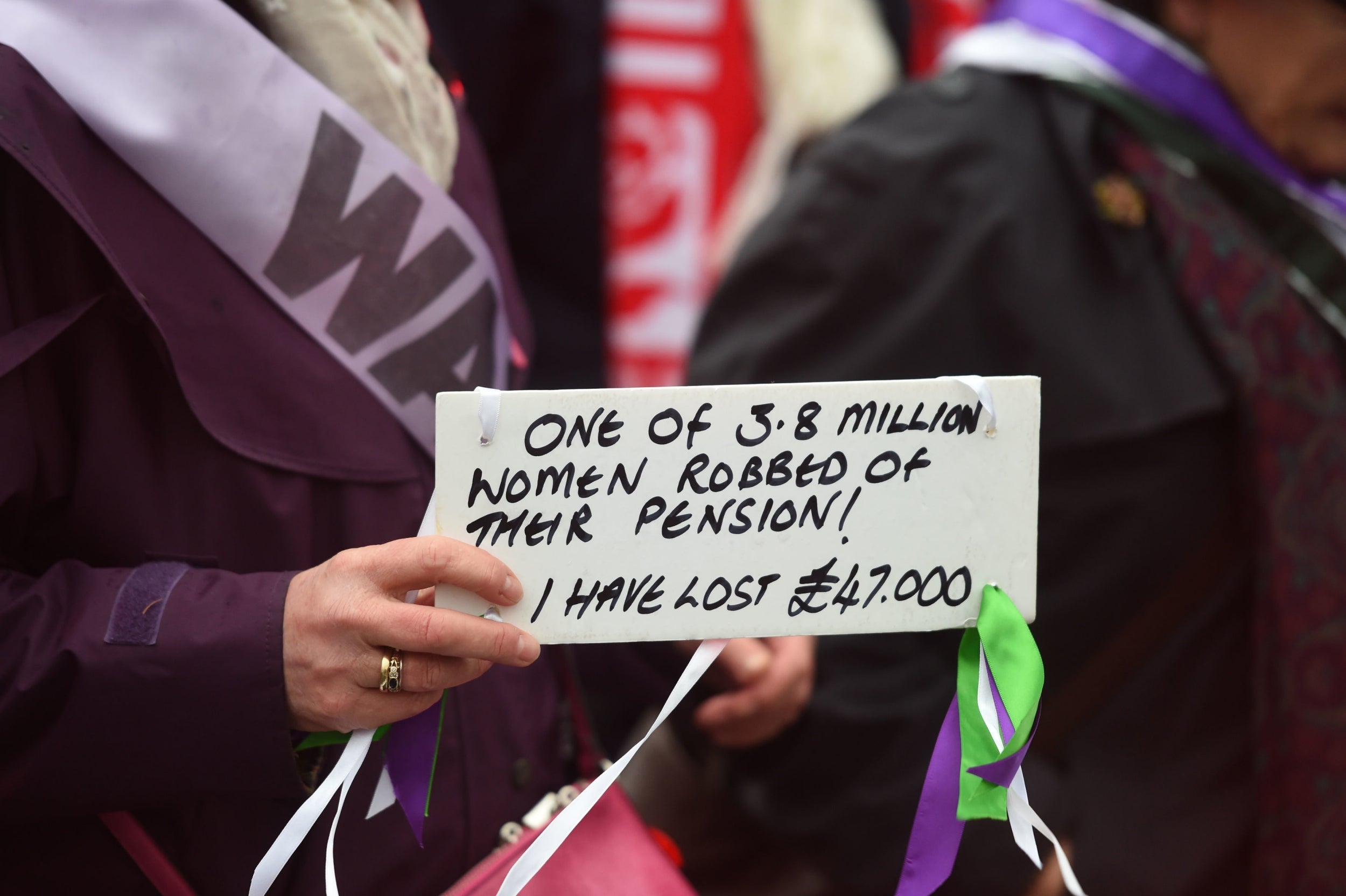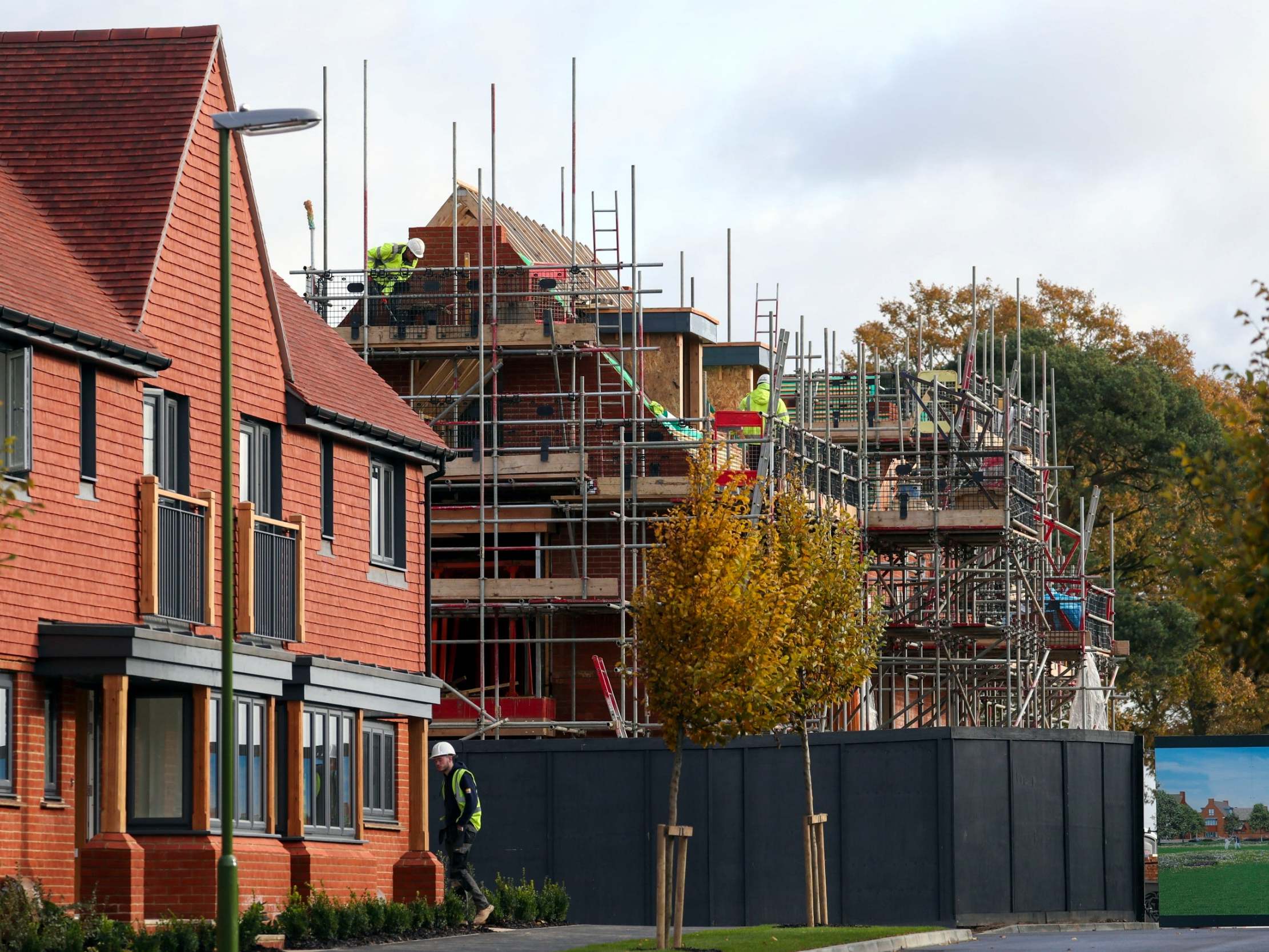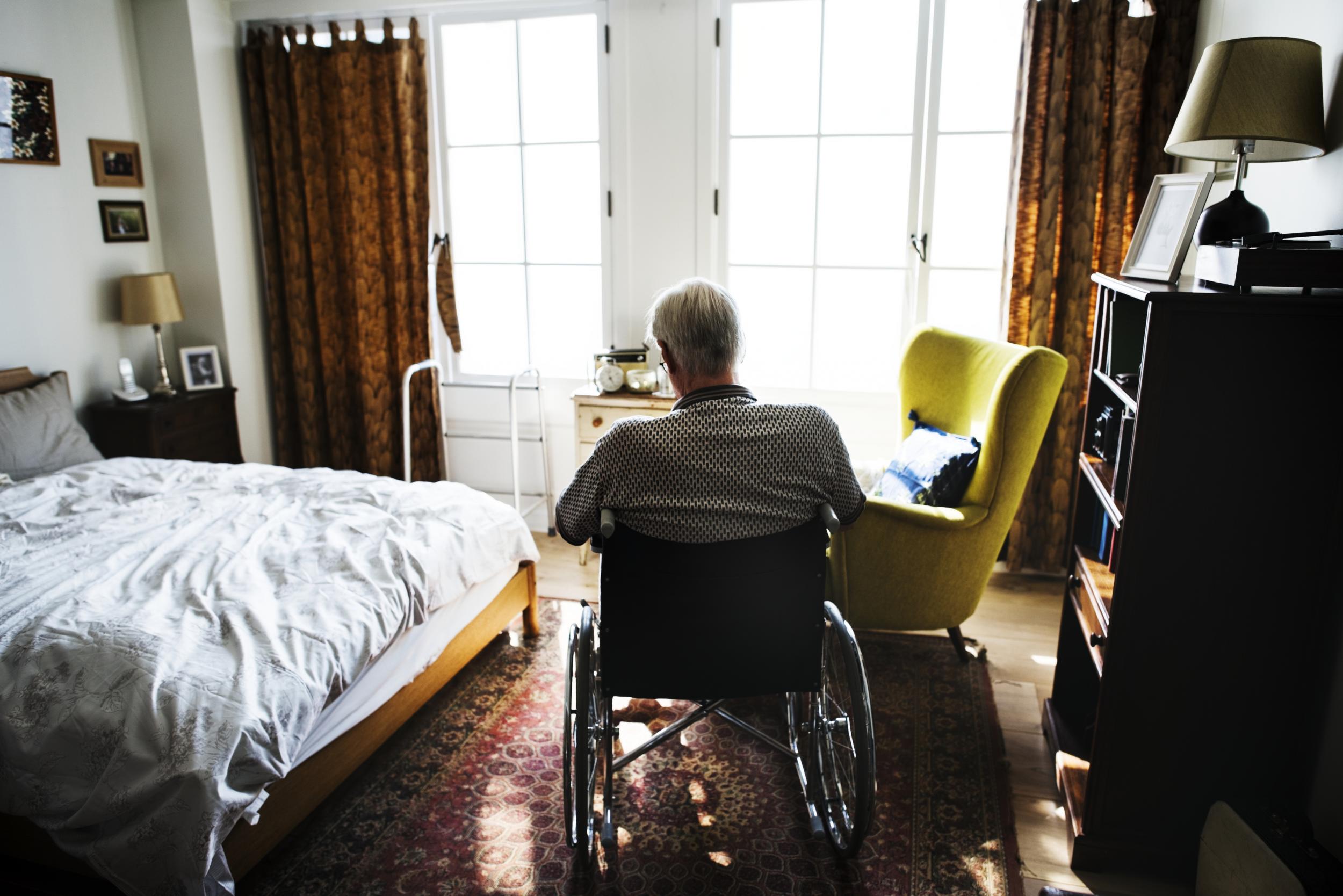General election: what the parties are promising on the big issues
We tell you the policies you’ll be voting for in this election – and our view on them
Your support helps us to tell the story
From reproductive rights to climate change to Big Tech, The Independent is on the ground when the story is developing. Whether it's investigating the financials of Elon Musk's pro-Trump PAC or producing our latest documentary, 'The A Word', which shines a light on the American women fighting for reproductive rights, we know how important it is to parse out the facts from the messaging.
At such a critical moment in US history, we need reporters on the ground. Your donation allows us to keep sending journalists to speak to both sides of the story.
The Independent is trusted by Americans across the entire political spectrum. And unlike many other quality news outlets, we choose not to lock Americans out of our reporting and analysis with paywalls. We believe quality journalism should be available to everyone, paid for by those who can afford it.
Your support makes all the difference.It has been an election campaign dominated, unsurprisingly, by Brexit and, in recent days, the NHS. But beyond the seemingly endless campaign gimmicks, soundbite interviews and scripted appearances, there are real policies at stake that will affect the country we live in for years to come. Here, we run through key issues that have seen less of the limelight in the build-up to Thursday’s vote, telling you what each of the three major parties is pledging – and what we think about it.
Economy
Tories: A “triple lock” on taxes, with no increases in income tax, national insurance and VAT for five years. Boost public sector investment up to 3 per cent of GDP but rethink if debt interest hits 6 per cent of revenue.
Labour: Public spending boost of £83bn, with rises in corporation tax, capital gains tax and income tax for the highest earners to fund it. Nationalisation of rail, mail, water and the big six energy firms, as well as the broadband arm of BT.
Lib Dems: A “mechanism” that lets the public share profits of tech firms, plus a tax on frequent fliers, while cannabis use would be legalised and taxed. Corporation tax would be restored to 20 per cent, but the marriage tax allowance would be scrapped.
Our view: Pain and short- to medium-term economic damage from Brexit will be substantial, and restrict the ability to boost public spending, cut taxes or reduce the national debt. The terms of a new trade deal with the EU, let alone any with other major nations, are unknown – and therefore so are the nation’s future prospects. Tories promise to “unleash Britain’s potential”, presumably by making the economy more competitive via “supply side” reforms, while Labour’s huge fiscal stimulus would raise the rate of growth in the economy, but experts say to only a relatively modest extent. The Liberal Democrats have enjoyed the most favourable reviews from independent think tanks such as the Institute for Fiscal Studies.
Welfare

Tories: Ensure universal credit “works for the most vulnerable”, but end the benefit freeze and bring in tough punishments for those who cheat the system. £1bn for extra childcare places before and after school, and during holidays.
Labour: Scrap universal credit, the benefit cap and the two-child policy, while bringing in a pilot of universal basic income. £58bn for the “Waspi women” affected by state pension age changes.
Lib Dems: Reform universal credit, reducing the wait for first payments from five weeks to five days. Introduce a legal right to food. Keep the triple lock on the basic state pension while Waspi women would be “properly compensated”.
Our view: Universal credit is almost universally loathed, and its shortcomings have been well-advertised. Even in its primary goal of reducing the cost to the taxpayer the new system has failed – and it is yet to be fully rolled out nationally. The problem, as the Commons Public Accounts Committee has pointed out, is that scrapping universal credit at this late stage in its development and returning to either the old system or yet another new system would cost more than persisting. In other words, UC may be the least bad option for the public finances.
Climate and environment

Tories: Cut greenhouse gas emissions by 2050, spending £9.2bn to improve the energy efficiency of homes, schools and hospitals – with £6.3bn installing energy-saving measures to cut bills in 2.2 million homes.
Labour: Aim to “achieve the substantial majority” of emissions reductions by 2030, but no pledge to cut out greenhouse gases by that date.
Lib Dems: With a net-zero target to 2045, the Lib Dems will insulate all of the UK’s homes by 2030, ensuring 80 per cent of electricity comes from renewable sources by 2030 and planting 60 million trees a year. Ban on fracking and non-recyclable single-use plastics, with all cars electric by 2030.
Our view: In their ways, all the parties’ promises to make the UK carbon-neutral are ambitious. Even the Tories’ would cost £1 trillion. The problem, of course, with any of these plans is public resistance to moving out of conventional cars, scrapping gas boiler central heating, and taking fewer flights. The parties are also unclear about whether these targets account for offshoring our pollution to China and elsewhere.
Education
Tories: £14bn for schools, and programmes to deal with bullying and disruption.
Labour: Charitable status removed from independent schools, 30 hours of free childcare for pre-school children and a Sure Start centre in every community. Scrap university tuition fees and bring back maintenance grants.
Lib Dems: £13.9bn a year on early years, including boosts for children’s centres and free childcare for 2-4-year-olds, as well as those aged nine months and over whose parents work full-time. An extra £10.6bn a year on schools, including 20,000 more teachers, and £10,000 skills wallet for adults to invest in training.
Our view: Education, education, education was once the chant, and, under new management, Labour has the edge on radicalism. In economic terms, encouraging higher education should improve skills and therefore the underlying performance of the economy. The question is how much of the cost should be paid by the individual and what should be accounted for by the state. On schools, after years in which they were prioritised by New Labour, then partly ring-fenced from austerity, the state of British school is not as dire as its times portrayed, which may be one reason why the issue has subsided in importance.
Housing

Tories: New social housing white paper and a pledge to renew the affordable homes programme.
Labour: Pledge to build 100,000 homes for social rent each year. Some 8,000 homes available for people with a history of homelessness, and £1bn a year for councils’ homelessness services.
Lib Dems: Build 300,000 homes a year, including 100,000 for social rent. Government-backed tenancy deposits for private renters under 30. Council-tax hikes on properties left empty for more than six months.
Our view: If tougher regulation and a larger role for the state is the solution to the housing crisis, then the Labour Party has all the answers. The obvious retort to that is that measures such as rent control have been tried and sometimes led to perverse consequences. In terms of supply, there is some agreement – Labour and the Liberal Democrats and committed to building, but the Tories promise only a white paper.
Immigration
Tories: An Australian-style points-based immigration system, with an NHS Visa for qualified doctors and nurses. Freedom of movement will end.
Labour: Numerical targets scrapped along with the 2014 Immigration Act. Pledge to dismantle the “hostile environment” that led to the Windrush scandal, while free movement will be subject to Brexit negotiations.
Lib Dems: Stop Brexit and retain freedom of movement. End hostile environment. Resettle 10,000 refugees a year, and a further 10,000 refugee children over the next decade.
Our view: All the main parties refuse to say whether immigration will be higher or lower than it is now, whether Brexit happens or not. There is much talk of “control” and, in different ways, they all stress that migration should match the needs of the economy, but beyond broad principles there is little specific – because immigration remains so explosive.
Social care

Tories: £1 billion in extra funding every year, while building “a cross-party consensus” to find a long-term solution, on the condition that any reform must ensure nobody needing care would be forced to sell their home to pay for it.
Labour: A comprehensive National Care Service for England. Under a lifetime cap on personal contributions, no one would be required to face costs of more than £100,000 for care in old age.
Lib Dems: Raise £7bn a year with a 1p in the pound rise in the basic, higher and additional rates of income tax for health and social care.
Our view: All parties agree there is a crisis; none has an actual plan. Despite promising such a scheme, Boris Johnson has conceded the plan is not fully worked through. Labour and the Liberal Dems talk in more detail, but again a few paragraphs in a manifesto do not constitute a plan.
Crime and justice
Tories: Recruit 20,000 police officers over the next three years to replace those lost due to budget cuts since 2010. Consult on toughening laws for attacks on emergency service workers and boost the number of Tasers and body cameras available for police.
Labour: Re-establish neighbourhood policing and recruit 2,000 more frontline officers than the Conservatives. Establish a royal commission to develop a public health approach to drugs. Review the Prevent programme. Eliminate institutional bias against black and ethnic minority groups.
Lib Dems: Invest £1bn in community policing and take a public health approach on violence. An extra 2,000 prison officers to help make prisons “places of rehabilitation”. Pledge for an immediate 2 per cent pay rise for police officers.
Our view: Every political party promises to reduce crime, but few governments succeed in doing so. The extra police promised by all, plus the restoration of cuts to the criminal justice system (such as the courts and probation service) offered by the opposition parties might well improve matters. However, crime levels are also linked to social conditions and the wider state of the economy. Thus, as new Labour used to say, political parties need to be tough on crime, but also tough the causes of crime.

Join our commenting forum
Join thought-provoking conversations, follow other Independent readers and see their replies
Comments